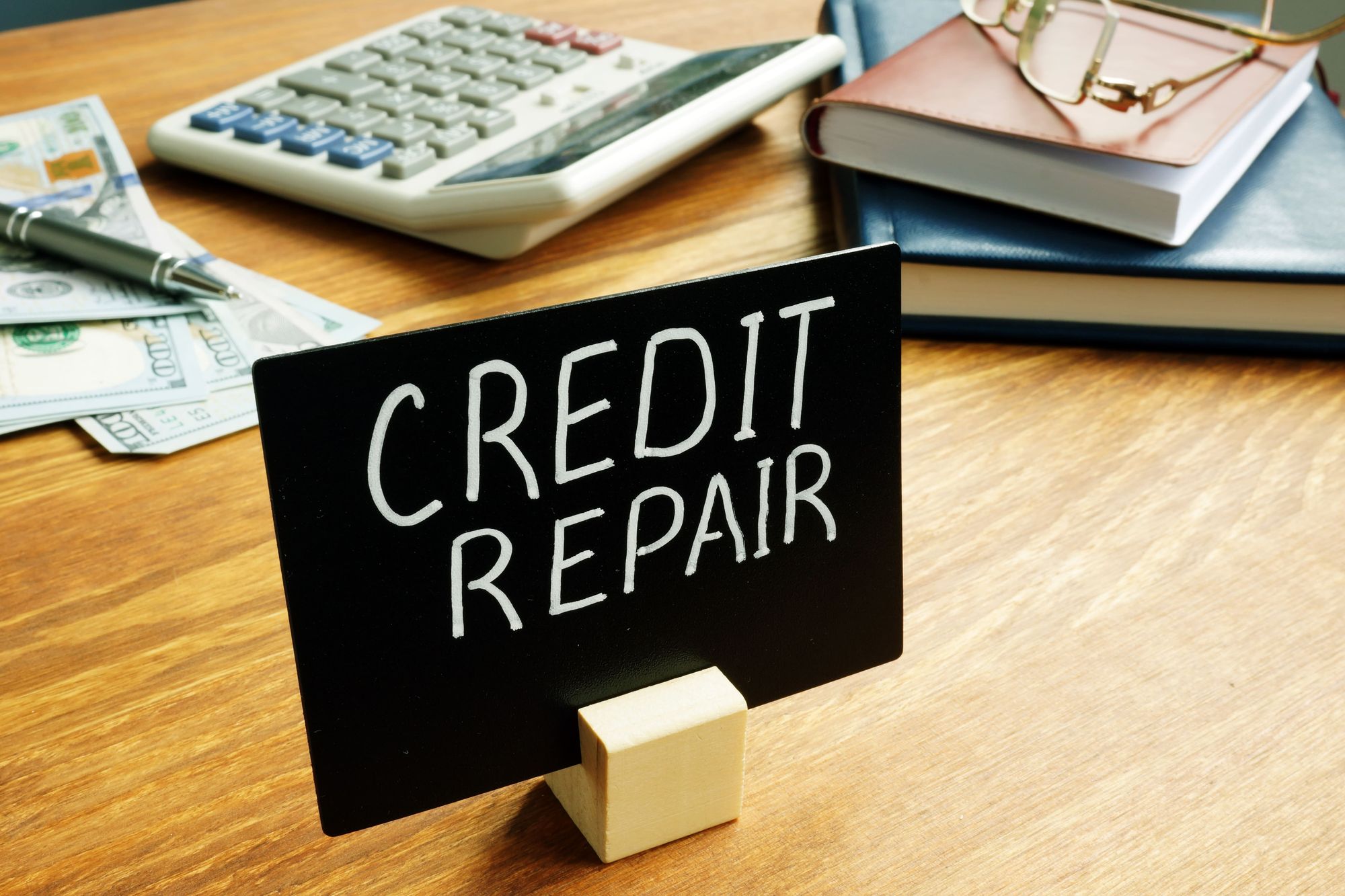In today’s financial landscape, credit plays a crucial role in achieving various milestones such as buying a home, leasing a car, or even landing a job. However, maintaining a pristine credit history isn’t always easy. Unexpected expenses, job loss, or simple oversight can lead to blemishes on your credit report. But fear not, as this comprehensive guide will provide you with the tools and strategies to repair your credit and pave the way for financial success.
Assessing Your Credit
Before diving into the process of repairing your credit, it’s essential to assess your current financial standing. This involves obtaining copies of your credit reports from the major credit bureaus – Equifax, Experian, and TransUnion. These reports provide detailed information about your credit accounts, payment history, and any negative marks that may be impacting your credit score.
Once you have your credit reports in hand, it’s time to analyze your credit scores. Your credit score is a numerical representation of your creditworthiness and is based on factors such as payment history, credit utilization, and length of credit history. Understanding your credit scores will help you identify areas for improvement and tailor your credit repair strategy accordingly.
Common Credit Issues
Many factors can contribute to a less-than-ideal credit score. Late payments, high credit card balances, and accounts in collections are among the most common issues faced by individuals seeking to repair their credit. Late payments can significantly impact your credit score and may stay on your credit report for up to seven years.
Similarly, high credit card balances can negatively affect your credit utilization ratio, which measures the amount of available credit you’re using compared to your total credit limit. Accounts in collections or charged-off accounts are also red flags for lenders and can severely impact your creditworthiness.
Strategies for Credit Repair
Repairing your credit is not an overnight process but rather a journey that requires patience and persistence. One of the first steps in the credit repair services jacksonville process is creating a realistic budget that allows you to pay your bills on time and reduce your overall debt load. A budget will help you prioritize your expenses and allocate funds towards paying down debt.
In addition to budgeting, making timely payments on your existing accounts is crucial for improving your credit score. Set up automatic payments or reminders to ensure you never miss a due date. If you’re struggling to keep up with multiple payments, consider debt consolidation as a way to streamline your finances and potentially lower your interest rates.
Negotiating with creditors is another strategy for credit repair services kansas city, especially if you’re facing financial hardship. Many creditors are willing to work with you to develop a repayment plan or settle your debt for less than the full amount owed. Be proactive in reaching out to your creditors and explaining your situation – you may be surprised at the options available to you.
Improving Credit Utilization
Credit utilization plays a significant role in your credit score, accounting for approximately 30% of the FICO scoring model. To improve your credit utilization ratio, focus on paying down your credit card balances and avoiding maxing out your credit cards. Ideally, you should aim to keep your credit card balances below 30% of your available credit limit.
Another strategy for improving credit utilization is to increase your credit limits. This can be accomplished by requesting a credit limit increase from your existing creditors or applying for new credit cards with higher limits. Just be sure to use any additional credit responsibly and avoid accruing more debt than you can afford to repay.
Disputing Errors on Credit Reports
Errors on your credit reports can have a significant impact on your credit score and may result in denials for credit or higher interest rates. Common errors include inaccuracies in personal information, accounts that don’t belong to you, and incorrect payment statuses. If you spot any errors on your credit reports, it’s essential to dispute them promptly.
To dispute errors on your credit reports, you’ll need to gather documentation supporting your claim and submit a dispute letter to the credit bureau reporting the error. Be sure to include any relevant evidence, such as payment receipts or correspondence with creditors. The credit bureau is required to investigate your dispute and correct any inaccuracies within 30 days.
Building Positive Credit History
In addition to addressing negative items on your credit report, it’s essential to focus on building positive credit history. One way to do this is by opening new credit accounts responsibly. Start by applying for a secured credit card, which requires a cash deposit as collateral and is designed for individuals with limited or damaged credit.
Becoming an authorized user on someone else’s credit card account is another way to establish positive credit history. When you’re added as an authorized user, the account history – including on-time payments and low balances – may be reflected on your credit report as well. Just be sure to choose someone who manages their credit responsibly.
Maintaining Good Credit Habits
Once you’ve begun the process of repairing your credit, it’s essential to maintain good credit habits to ensure long-term success. This includes regularly monitoring your credit reports for any new negative items or errors and taking steps to address them promptly. You can request free copies of your credit reports from each of the major credit bureaus once a year through AnnualCreditReport.com.
It’s also crucial to avoid falling victim to credit repair scams that promise quick fixes or guaranteed results for a fee. Legitimate credit repair takes time and effort, and there are no shortcuts to improving your credit score. Be wary of any company that asks for payment upfront or promises to remove accurate negative information from your credit report.
Long-Term Credit Management
Finally, maintaining good credit is an ongoing process that requires vigilance and discipline. Be mindful of the impact of credit inquiries on your credit score and avoid applying for new credit unless necessary. When closing unused accounts, consider the potential impact on your credit utilization ratio and length of credit history.
By following the strategies outlined in this guide and staying committed to your financial goals, you can take control of your credit and pave the way for a brighter financial future. Remember, repairing your credit won’t happen overnight, but with patience and persistence, you can achieve the financial success you deserve.
Conclusion
In conclusion, repairing your credit is a journey that requires dedication and perseverance. By assessing your credit, addressing common issues, and implementing strategies for improvement, you can take control of your financial future and achieve your goals. Remember to maintain good credit habits and avoid falling victim to scams or quick fixes. With time and effort, you can build a solid credit history and pave the way for financial success.
FAQs
How long does it take to repair credit?
The timeline for credit repair varies depending on the severity of your credit issues and the strategies you employ. It may take several months to see significant improvements in your credit score.
Can I repair my credit on my own, or do I need professional help?
While there are credit repair companies that can assist you in the process, it’s possible to repair your credit on your own with the right knowledge and resources. Be cautious of companies that make unrealistic promises or charge exorbitant fees.
Will paying off collections accounts improve my credit score?
Paying off collections accounts can have a positive impact on your credit score, but it may not remove the account from your credit report entirely. Some creditors may agree to remove the account in exchange for payment, so it’s worth negotiating.
How often should I check my credit reports?
It’s a good idea to check your credit reports from each of the major credit bureaus at least once a year to ensure accuracy and detect any errors or fraudulent activity. You can request free copies of your reports through AnnualCreditReport.com.
What are some warning signs of credit repair scams?
Be wary of companies that guarantee specific results or promise to remove accurate negative information from your credit report. Legitimate credit repair companies will explain your rights and options and won’t ask for payment upfront.

